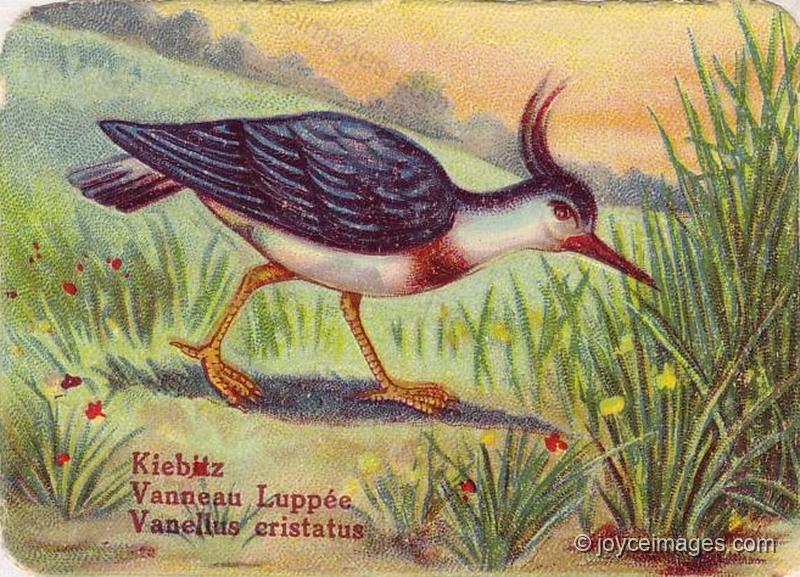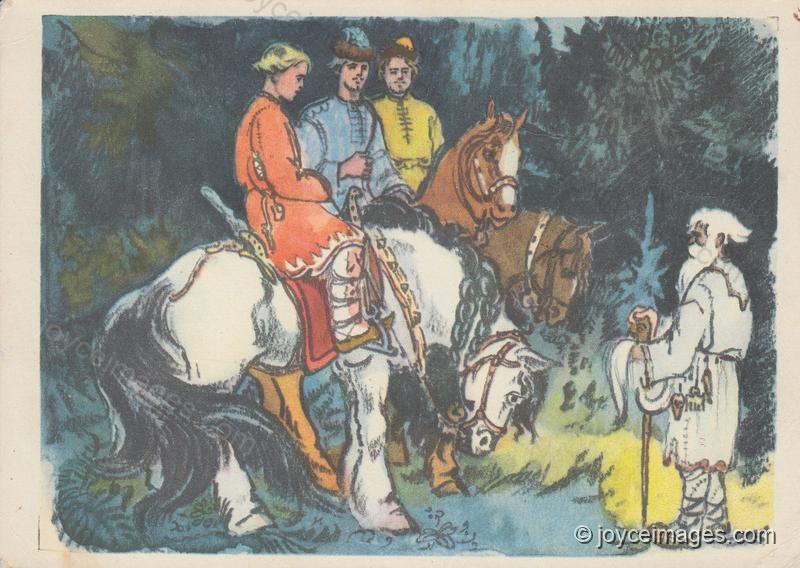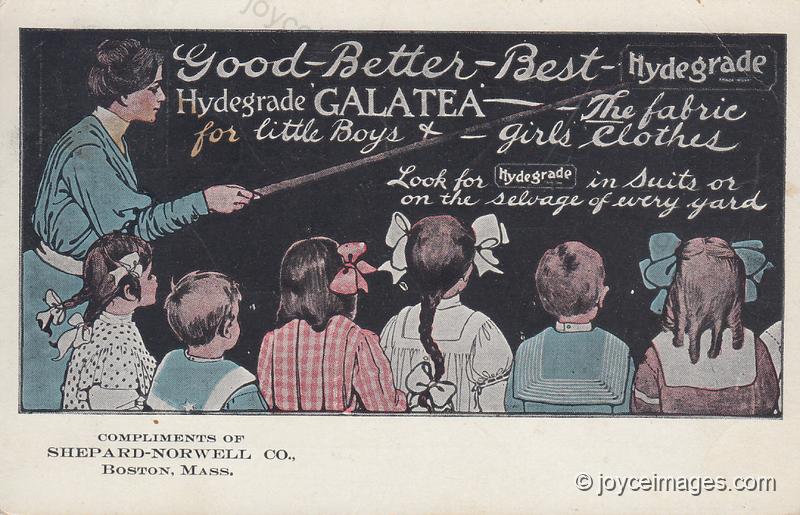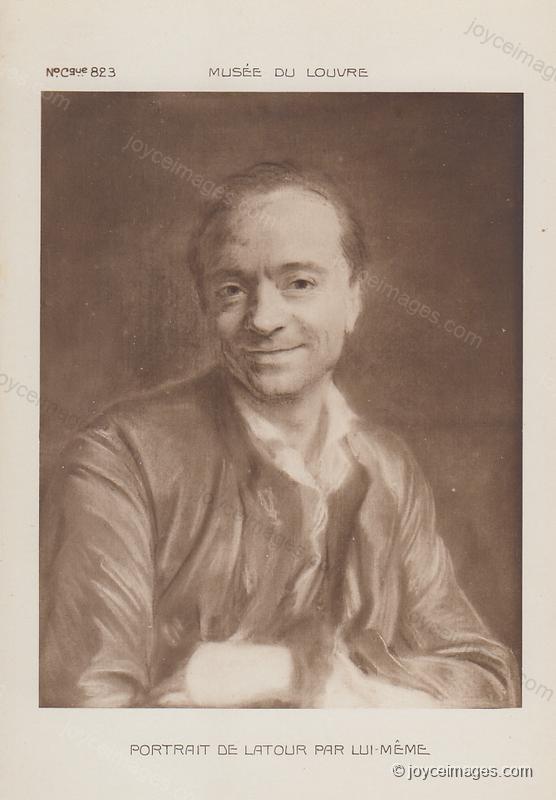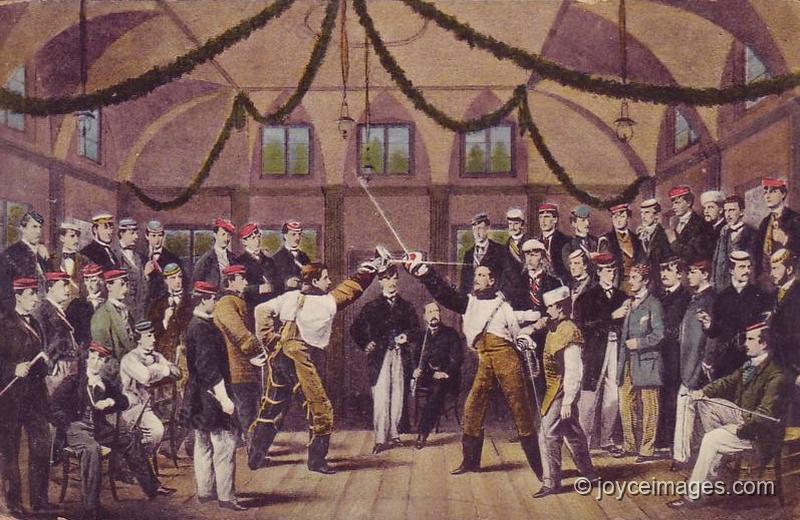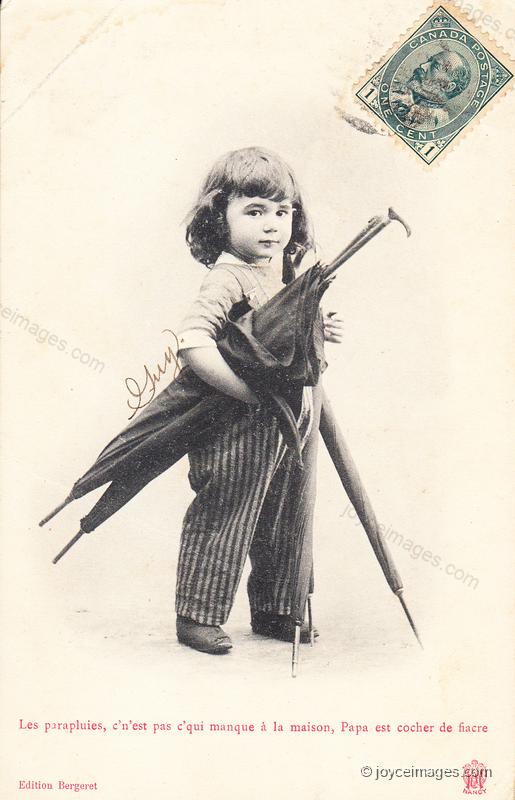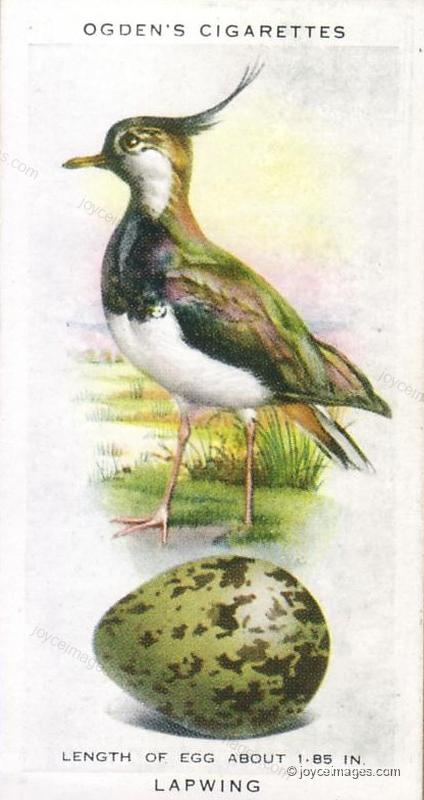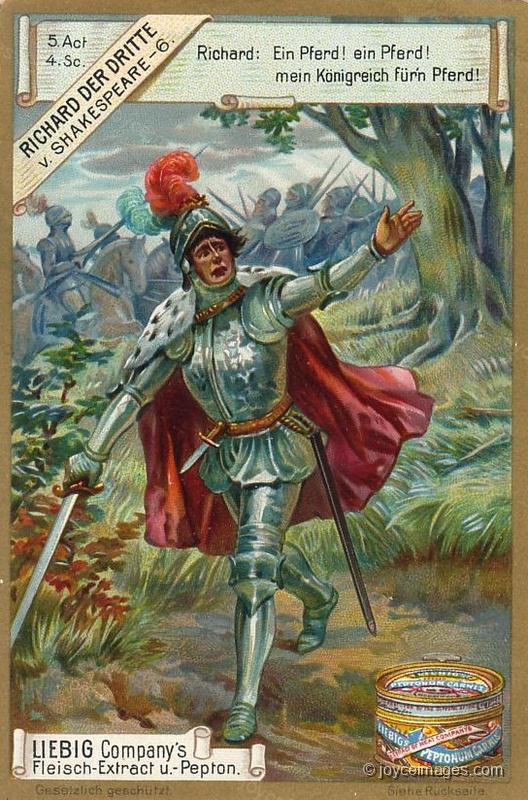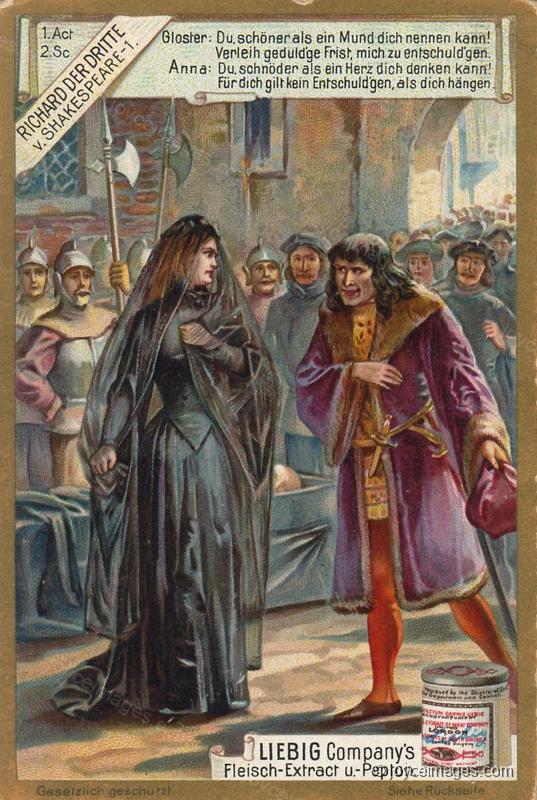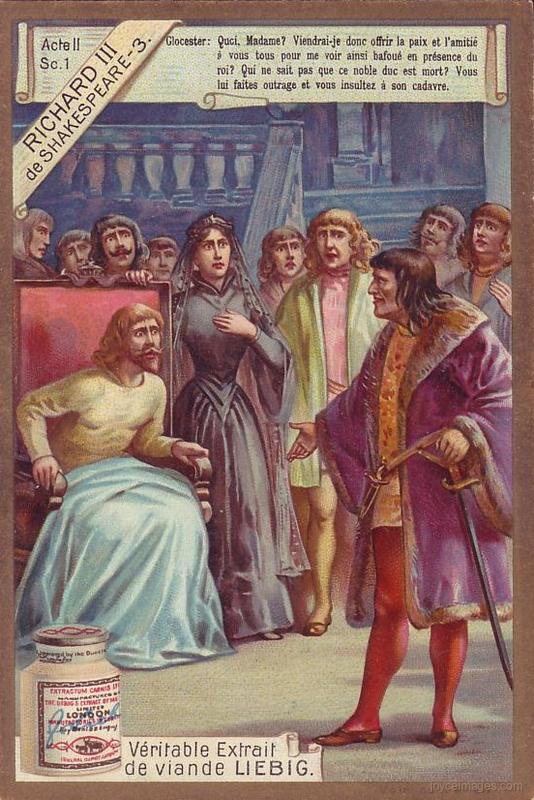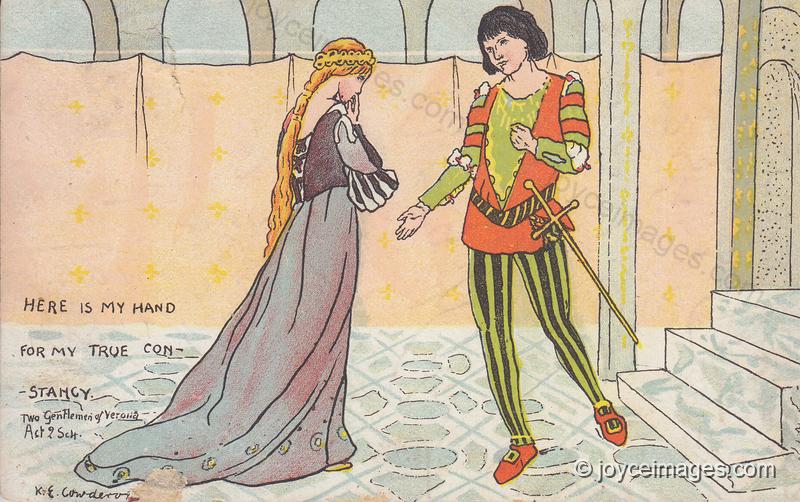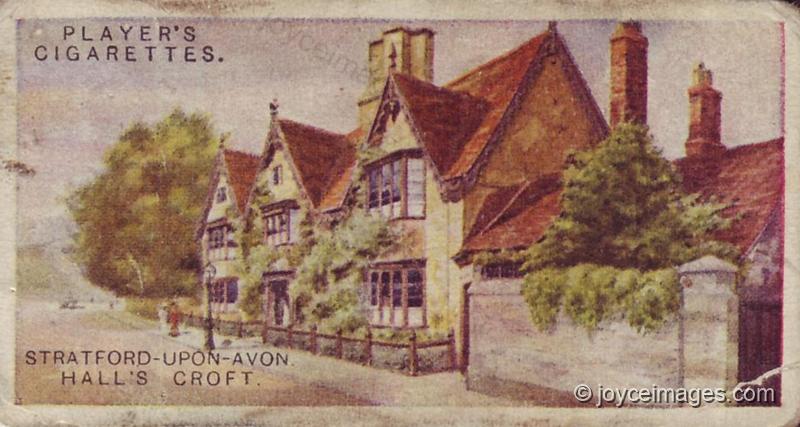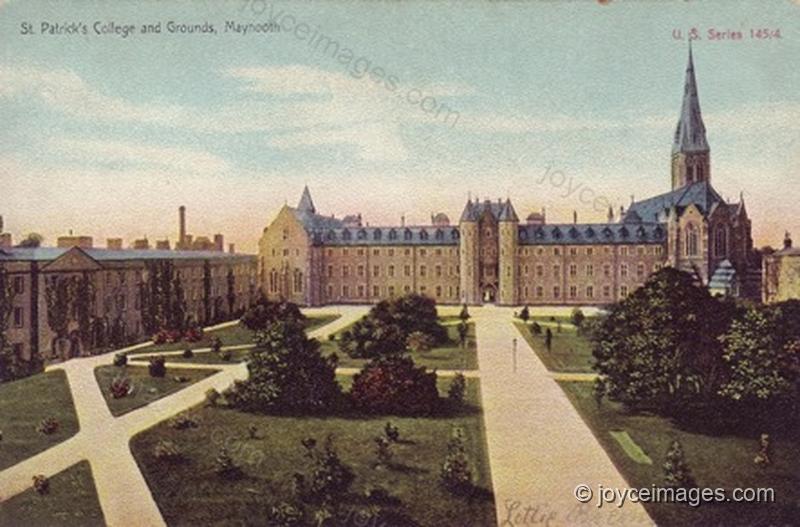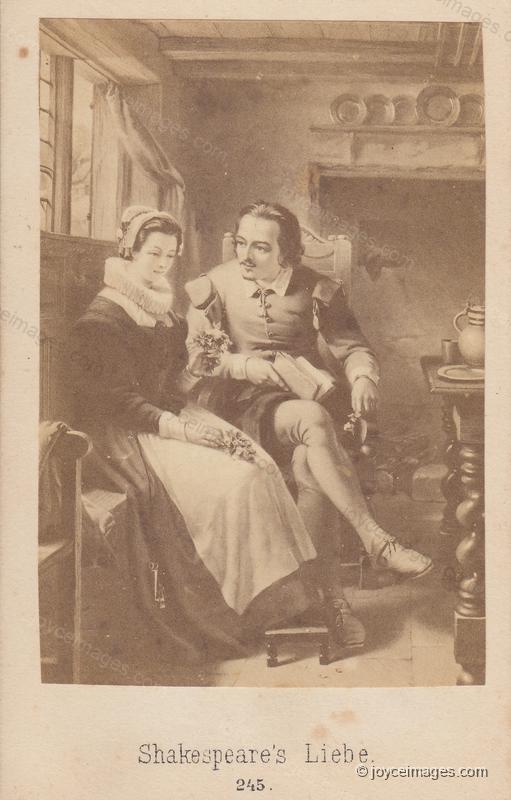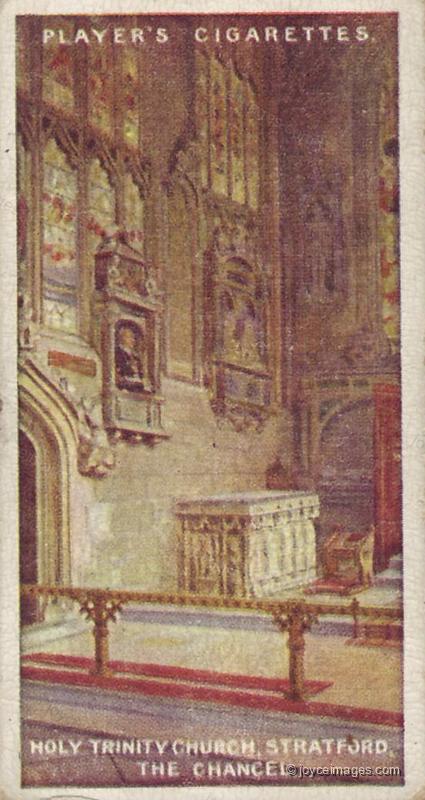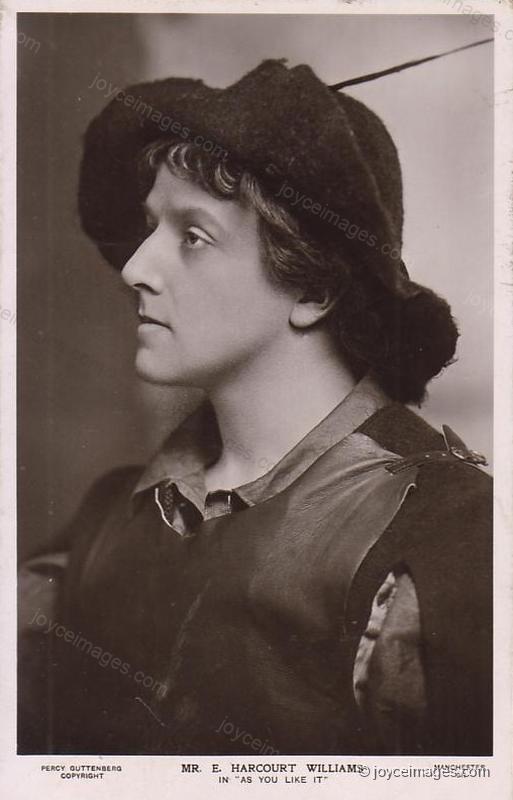The back of the Ogden's card reads: "Lapwing (Vanellus Vulgaris). The Lapwing or Peewit, is essentially a moorland bird, being found all the year round on the bare heathery uplands. Its weird cry of "pee-wit" heard echoing over the bare moorlands at close of day strikes a remarkable sense of loneliness to the hearer. Its flight is much like that of the gull, swinging with slow beat of wing in wide circles. At times it rises rapidly in the air, and suddenly doubles back to earth, recovering itself before reaching the ground." This last characteristic, I think, is of relevance to Stephen.
"Mr Best eagerquietly lifted his book to say:
— That's very interesting because that brother motive, don't you know, we find also in the old Irish myths. Just what you say. The three brothers Shakespeare. In Grimm too, don't you know, the fairytales. The third brother that always marries the sleeping beauty and wins the best prize.
Best of Best brothers." (U9.955)
— That's very interesting because that brother motive, don't you know, we find also in the old Irish myths. Just what you say. The three brothers Shakespeare. In Grimm too, don't you know, the fairytales. The third brother that always marries the sleeping beauty and wins the best prize.
Best of Best brothers." (U9.955)
"Good, better, best." (U9.960)
To learn more about the real people mentioned by Joyce, read the detailed research Good, better, best - who were the Best brothers by John Simpson in the James Joyce Online Notes.
To learn more about the real people mentioned by Joyce, read the detailed research Good, better, best - who were the Best brothers by John Simpson in the James Joyce Online Notes.
"The quaker librarian springhalted near.
— I should like to know, he said, which brother you I understand you to suggest there was misconduct with one of the brothers But perhaps I am anticipating?
He caught himself in the act: looked at all: refrained.
An attendant from the doorway called:
— Mr Lyster! Father Dineen wants ...
— O, Father Dineen! Directly.
Swiftly rectly creaking rectly rectly he was rectly gone." (U9.961)
Note: this is obviously not the quaker librarian. I am still looking for an image of him.
— I should like to know, he said, which brother you I understand you to suggest there was misconduct with one of the brothers But perhaps I am anticipating?
He caught himself in the act: looked at all: refrained.
An attendant from the doorway called:
— Mr Lyster! Father Dineen wants ...
— O, Father Dineen! Directly.
Swiftly rectly creaking rectly rectly he was rectly gone." (U9.961)
Note: this is obviously not the quaker librarian. I am still looking for an image of him.
"John Eglinton touched the foil.
- Come, he said. Let us hear what you have to say of Richard and Edmund. You kept them for the last, didn't you?
- In asking you to remember those two noble kinsmen nuncle Richie and nuncle Edmund, Stephen answered, I feel I am asking too much perhaps." (U9.970)
- Come, he said. Let us hear what you have to say of Richard and Edmund. You kept them for the last, didn't you?
- In asking you to remember those two noble kinsmen nuncle Richie and nuncle Edmund, Stephen answered, I feel I am asking too much perhaps." (U9.970)
"Lapwing.
Where is your brother? Apothecaries' hall. My whetstone. Him, then Cranly, Mulligan: now these. Speech, speech. But act. Act speech. They mock to try you. Act. Be acted on.
Lapwing." (U9.980)
Where is your brother? Apothecaries' hall. My whetstone. Him, then Cranly, Mulligan: now these. Speech, speech. But act. Act speech. They mock to try you. Act. Be acted on.
Lapwing." (U9.980)
"- You will say those names were already in the chronicles from which he took the stuff of his plays. Why did he take them rather than others? Richard, a whoreson crookback, misbegotten, makes love to a widowed Ann (what's in a name?), woos and wins her, a whoreson merry widow. Richard the conqueror, third brother, came after William the conquered. The other four acts of that play hang limply from that first. Of all his kings Richard is the only king unshielded by Shakespeare's reverence, the angel of the world. Why is the underplot of King Lear in which Edmund figures lifted out of Sidney's Arcadia and spatchcocked on to a Celtic legend older than history?" (U9.983)
"- That was Will's way, John Eglinton defended. We should not now combine a Norse saga with an excerpt from a novel by George Meredith. Que voulez-vous? Moore would say. He puts Bohemia on the seacoast and makes Ulysses quote Aristotle.
- Why? Stephen answered himself. Because the theme of the false or the usurping or the adulterous brother or all three in one is to Shakespeare, what the poor are not, always with him." (U9.993)
- Why? Stephen answered himself. Because the theme of the false or the usurping or the adulterous brother or all three in one is to Shakespeare, what the poor are not, always with him." (U9.993)
"The note of banishment, banishment from the heart, banishment from home, sounds uninterruptedly from The Two Gentlemen of Verona onward till Prospero breaks his staff, buries it certain fathoms in the earth and drowns his book. It doubles itself in the middle of his life, reflects itself in another, repeats itself, protasis, epitasis, catastasis, catastrophe." (U9.999)
"It repeats itself again when he is near the grave, when his married daughter Susan, chip of the old block, is accused of adultery. But it was the original sin that darkened his understanding, weakened his will and left in him a strong inclination to evil." (U9.1004)
"An original sin and, like original sin, committed by another in whose sin he too has sinned." (U9.1008)
"It is between the lines of his last written words, it is petrified on his tombstone under which her four bones are not to be laid. Age has not withered it. Beauty and peace have not done it away." (U9.1009)
Shakespeare was buried (1616) in the Holy Trinity Church in Stratford-on-Avon. The grave carries the warning: "Good friend, for Jesus' sake forebeare, To digg the dust enclosed heare; Bleste be the man that spares thes stones, And curst be he that moves my bones."
His wife Ann Hathaway, his daughter Suzanna, his son-in-law Dr John Hall, and Thomas Nash (the first husband of his grand-daughter Elizabeth) are buried in the chancel alongside him.
Shakespeare was buried (1616) in the Holy Trinity Church in Stratford-on-Avon. The grave carries the warning: "Good friend, for Jesus' sake forebeare, To digg the dust enclosed heare; Bleste be the man that spares thes stones, And curst be he that moves my bones."
His wife Ann Hathaway, his daughter Suzanna, his son-in-law Dr John Hall, and Thomas Nash (the first husband of his grand-daughter Elizabeth) are buried in the chancel alongside him.
"It is in infinite variety everywhere in the world he has created, in Much Ado about Nothing, twice in As You Like It, in The Tempest, in Hamlet, in Measure for Measure -- and in all the other plays which I have not read.
He laughed to free his mind from his mind's bondage.
Judge Eglinton summed up.
- The truth is midway, he affirmed. He is the ghost and the prince. He is all in all.
- He is, Stephen said. The boy of act one is the mature man of act five. All in all." (U9.1012)
He laughed to free his mind from his mind's bondage.
Judge Eglinton summed up.
- The truth is midway, he affirmed. He is the ghost and the prince. He is all in all.
- He is, Stephen said. The boy of act one is the mature man of act five. All in all." (U9.1012)
